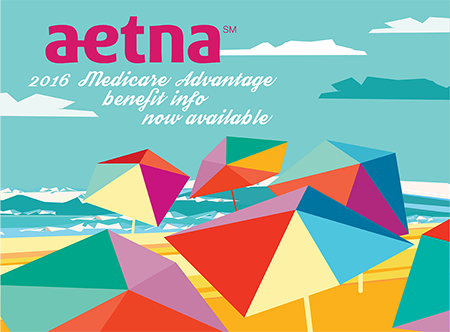Mergers and Acquisitions
(Updated on February 9, 2017. ) I’m sure you have all heard the news that the Federal government is suing to stop 2 healthcare mergers and acquisitions from happening. The latest news has both Aetna/Humana and Anthem/Cigna at odds with the Justice department. Both cases should be wrapped up soon.
Aetna would potentially owe Humana a “break-up” fee of $1 billion if their deal is not closed by February 15th, 2017 while Anthem would owe Cigna a $1.8 billion fee if that deal is not done by April 30, 2017. Aetna and Humana are vigorously defending their position to allow the sale to proceed. The Anthem/Cigna merger has had several setbacks and is in question.
On the Aetna/Humana merger: (Blocked January 23, 2017)
- Aetna/Humana released a statement announcing a sale of some of their Medicare Assets to Molina Healthcare. You can see the press release here. The asset sale is contingent upon the sale of Humana to Aetna being completed.
- The DOJ called Molina a junk-bond-rated company and Molina responded they could easily shoulder the additional 290,000 members in addition to their current membership of roughly 4.3 million lives, and restated their position as the 10th largest health insurer in the country hardly qualifies it as “junk status.”
- In its final argument, Aetna said, “The government has rested its case upon theory and speculation from beginning to end.”
On the Cigna/Anthem merger: (Blocked February 8, 2017 )
- Attorneys for the federal government have said that the deal would harm competition in the national insurance market. Anthem countered they are only a regional player licensed in 14 states.
- The merger would make the combined carrier number 2 nationally in overall lives insured second only to United Healthcare.
- In some markets, the combined carrier would reduce the number of insures down to 3. The federal government says the competition between Cigna and Anthem in these markets is leading to innovation, while keeping prices down. Anthem and Cigna contend that the merger will decrease prices due to better bargaining power with large provider groups, lowering costs to the consumers even more.
Both of these were bench trials and final arguments have been made. The Anthem/Cigna merger is expected to be blocked but there is no time frame for the ruling. The outcome of the Aetna/Humana merger was blocked today on Antitrust grounds. Aetna has said it plans to appeal the DOJ ruling.
We are continuing to follow these carrier mergers and acquisitions, and will bring you up-to-date information on our blog. Click here to subscribe!








 bother to pitch Indemnity plans to their clients. Whether they don’t fully recognize the value, or the flat out don’t know how to sell it- RBI is here to help!
bother to pitch Indemnity plans to their clients. Whether they don’t fully recognize the value, or the flat out don’t know how to sell it- RBI is here to help!


